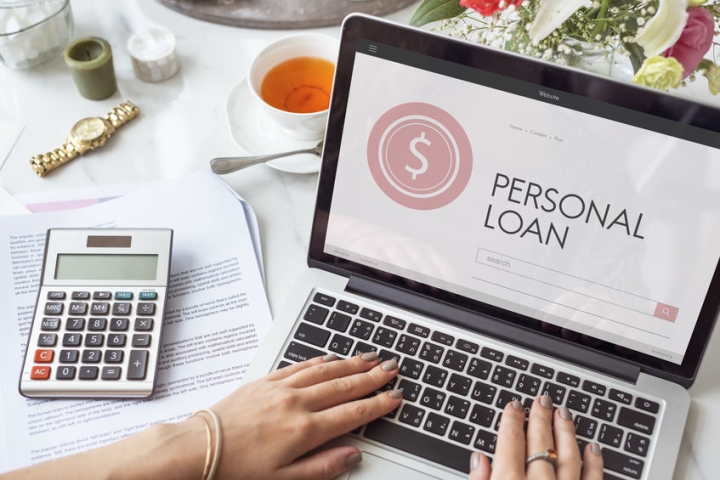

Everything you need to know about choosing a small personal loan
From time to time we all need a little financial help and if you need some quick cash, a small personal loan can be just the ticket. As much as we’d all like to, it’s not always possible to save for emergencies, travel and unexpected bills, so a small cash loan can help when you need a little extra money in a hurry.
Taking out a personal loan used to be a bit of an intimidating experience as you go through all those terms and conditions, fine print, and a lot of jargon. The good news is - the whole process can be smooth and simple when you know what to look for before you submit that application. Here are the things you need to know about choosing a small personal loan.
Serviceability
Serviceability is your ability to make repayments, based on the size of the loan, your current income and your regular general expenses. The serviceability assessment refers to the process that you, as the borrower, need to go through so the lender can consider all of the variable factors contributing to your financial situation.
Fees and interest rates
Understanding the fee structure or the types of interest rates can help you decide on the loan that best fits your situation. Small loans generally have an establishment fee and a fixed ongoing monthly fee. Larger loans will often have either a fixed interest rate (the rate doesn’t change during the term of the loan) or a variable interest rate (the rate may fluctuate throughout the repayment period). A loan may also have a range of other fees associated with it - these may include:
- Establishment fee
- Servicing fee
- Early exit fee
- Early repayment fee
- Insurance fee
- Withdrawal fees
- Management fee
Make sure you fully understand all of the fees and charges before you commit to a lender. To make things nice and simple, here at Safe Financial we don't charge any interest on our small personal loans up to $2,000 - instead we only charge an establishment fee and a set monthly fee. And, there are no exit fees if you wish to repay early - so you can save on costs! For more details, check out our mini loan FAQ’s.
Credit reports
A lender gets to know about your financial history through a credit report. There can be many factors considered as the basis of your credit report, and these include credit card defaults, overdue debts, credit enquiries and the number and credit limits of certain loans and credit cards you may have. You can read more about credit reports and your credit score here.
Loan repayment period
Loan repayments typically occur through regular, periodic payments, which includes the fees or both the principal and the interest. Therefore, the loan repayment period refers to the time between the first payment on a loan and the maturity date - this is also referred to as the term of the loan. The longer the payment period is, the smaller your repayment amounts will be, but you’ll end up paying more in fees. The shorter the duration of the loan, the lower the total amount of fees you’ll end up paying. If you need a small cash loan, it’s a good idea to look out for a lender that offers some flexibility in the repayment period. Check out our simple loan calculator here to find out what your loan amount and repayments could be.
Types of personal loans
Typically, a personal loan can be either secured or unsecured. The main difference between the two is that a secured loan is backed by an asset such as a car or a house, while an unsecured loan is not. Secured loans can have lower interest rates but are more complex and time consuming to arrange. Small personal loans under $2,000 will be unsecured and can take less than a day to complete.
Choosing a lender
Lenders tend to offer a range of options since the borrowing needs of individuals can be extremely varied - so it's wise to choose a lender that will be the best fit for your borrowing needs.
Our cash loans from $1,000 to $5,000 could be just the answer to your borrowing needs right now. To get you started, calculate how much your repayments might be here. Then, if you wish to go ahead, just complete your application online (it only takes a few minutes) and hit submit. Once we've received your application, we’ll be back in touch with a decision, quick smart!